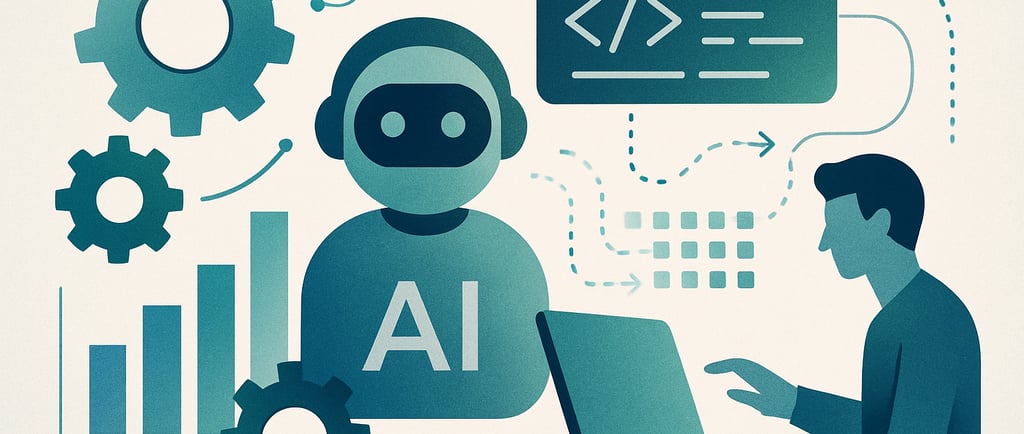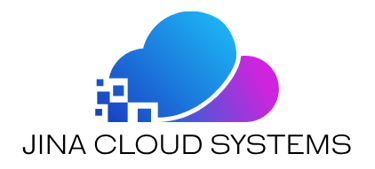How AI Agents Reshape Productivity and Developer Workflows
Discover how AI agents are revolutionizing productivity and transforming developer workflows. This post explores their impact across industries, highlighting current applications and future potential for enhanced efficiency and innovation.
Jina Cloud Systems
7/8/20252 min read


AI agents are transforming industries. These autonomous tools perform tasks, make decisions, and intelligently interact with their environment. They initiate actions, adapt in real-time, and learn continuously. This boosts productivity and revolutionizes developer workflows.
This post explores how AI agents reshape productivity and developer workflows, highlighting current applications and future potential.
Reshaping Productivity with AI Agents
AI agents drive a productivity revolution by automating repetitive tasks, freeing humans for strategic work. Their impact is felt across marketing, customer service, finance, and HR.
A PwC survey found 66% of executives using AI agents see positive productivity results. This fundamentally changes how work gets done. For instance, a consumer goods company optimized marketing campaigns with an AI agent, cutting a project from six analysts per week to one employee delivering results in under an hour.
Employees using AI agents are 72% more likely to feel “very productive.” They spend less time on administrative tasks, which consume nearly 40% more time for those not using agents.
However, successful implementation requires more than technology. Barriers include organizational mindset, change readiness, and workforce engagement. To succeed, companies must rethink operating models and processes.
Reshaping Developer Workflows with AI Agents
AI agents transform software development, improving efficiency, code quality, and security. They handle complex tasks, shifting developers from manual coding to high-value problem-solving.
AI agents automate key development stages:
Code Reviews: Automatically reviewing code, identifying issues, and suggesting improvements.
Automated Testing: Ensuring software performs as expected without constant human oversight.
CI/CD: Speeding up the release of code changes into production.
Vulnerability Detection: Proactively identifying and addressing security threats.
Coding agents also generate, debug, and rework code, boosting productivity and quality. A large retailer using AI agents in development reduced cycle times by 60% and production errors by half.
AI-augmented development helps developers tackle large IT backlogs. While this may change job roles, it also creates new ones, emphasizing human-AI collaboration. The main challenge for organizations is to rethink their approach to work, workforce, and workers to fully leverage AI agents.
Conclusion
AI agents are a present-day reality, reshaping productivity and developer workflows. By automating tasks, providing intelligent assistance, and enabling autonomous decisions, they drive efficiency and innovation.
Successful integration requires a strategic approach, addressing technology, change management, and workforce adaptation. Companies that embrace this shift and foster human-AI collaboration will thrive. The future of work is here, and it's agent-driven.
Ready to harness the power of AI agents in your organization? Contact us today to learn how our consulting and recruiting services can help you integrate AI solutions and build a future-ready workforce.
Jina Cloud Systems
651 N. Highway 183 #335 #411 Leander, TX, 78641
Recruitment
hr@jinacloud.com
© 2025. All rights reserved.
